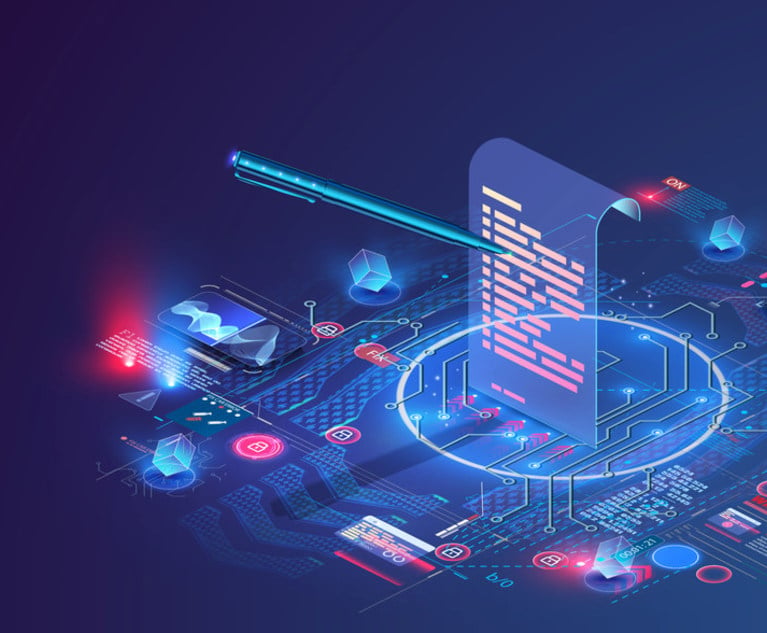The Chinese board game Go is one of the oldest games in the world. Enthusiasts have spent more than 2,500 years developing strategies to beat their opponents, and with hundreds of options for every move, its complexity can test the upper limits of human thought. So when Google’s AlphaGo, an artificial intelligence (AI) program, defeated Go’s world champion in 2016, technologists took notice. Not only was the victory a testament to the power of AI, they argued, it was a bellwether of things to come, a demonstration that even highly skilled employees might soon be trampled in the unstoppable march toward an automated world.
The jury is still out on whether pure AI—that is, a technology that mimics the full complexity of human thought—is inevitable or mere hype, but earnest work is well underway and already paying off. In fact, technologies developed through AI research have been available for various aspects of legal projects for many years, though their relevance may not always be obvious.







